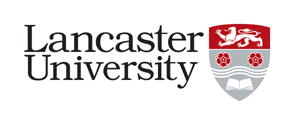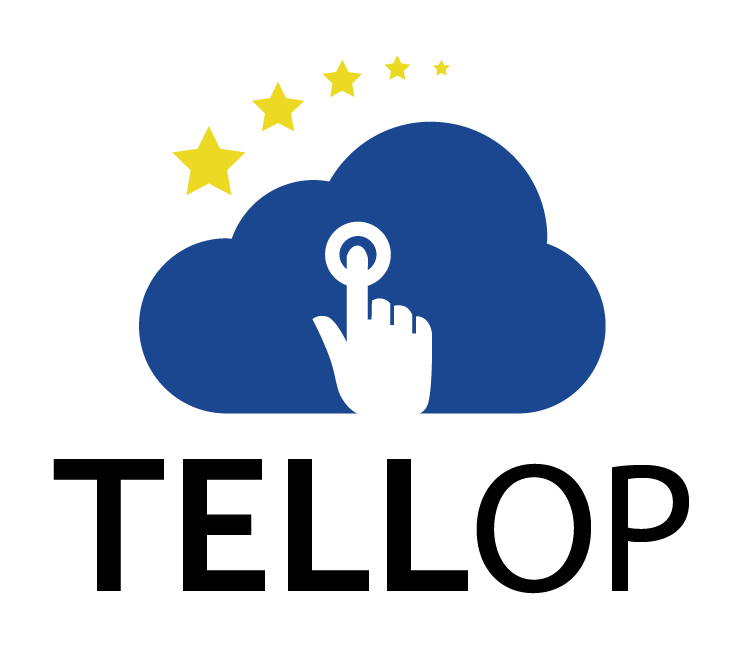

TELL-OP will be disseminating its activities in the Corpus Linguistics Conference at the University of Lancaster, UK.
Streamlining corpus-linguistics in Higher and adult education: the TELL-OP strategic partnership
1 Introduction
The European Space of Higher Education (HE) and the CEFRL demand new teaching and learning methodologies that promote more active participation of the language learner. Learning is increasingly turning into a learner-centered process where the needs of the learners are catered for, and the teacher, if any, acts as a guide or facilitator while students become proactive subjects (Pérez-Paredes & Sánchez Tornel, 2009). Besides, learning can happen anywhere, anytime. This “new” mobile learning is increasingly popular, and a cost-effective way to meet the needs of masses of people (Kinshuk, Huang & Ronghuai, 2015.).
Given these new possibilities, wouldn’t it make more sense if adult learners could personalize their learning and use their own language output (using their text and their own voices) to further acquire language skills?
How can learners take advantage of their own mobile devices to input their own language and gain further communicative competence? Can we personalize language learning by taking advantage of Natural language processing (NLP) services and technologies already available? How can adult learners use their critical thinking, analysis & awareness skills (Aguado-Jiménez, Pérez-Paredes & Sánchez, 2012) to improve their communicative competence (Pérez-Paredes, 2010) across different CEFR levels by using these open educational resources (OER) tools?
2 The TELL-OP rationale
TELL-OP is a transnational Strategic Partnership that involves at this point five HE organizations from different countries and which seeks to produce innovative outputs in the fields of both HE & adult foreign language learning by addressing the new agenda on HE and lifelong learning & the needs for labour market skills.
Clearly, there is a demand for mobile learning and those in HE & adult language learning education have the obligation to provide the opportunities for the use of OERs that are adapted to mobile ubiquitous learning based on evidence-based good practices across levels (A2 and B2 in the case of TELL-OP) and languages. We aim at maximizing the role of learner language by promoting good practices in using these OERs in personalized language leaning contexts and thus contribute to the modernization of the HE systems in the EU and a more widespread use of innovative OERs and learning designs (Conole, 2013) that include not only English but also other EU languages that can serve as the basis for a more widespread use of these ICTs.
TELL-OP is a Strategic Partnership that seeks to promote the take-up of innovative practices in European language learning (Data Driven Learning, DDL) (Boulton & Pérez-Paredes, 2014) by supporting personalised learning approaches that rely on the use of ICT and OER by bringing together the knowledge and expertise of European stakeholders in the fields of language education, corpus and applied linguistics, e-learning and knowledge engineering in order to promote cooperation and contribute to unleash the potential behind already available web 2.0 services to promote the personalized e-learning of languages in the contexts of higher and adult education, in particular, through mobile devices.
Instead of producing these OER resources, the TELL-OP consortium is interested in finding existing NLP OER that can suit the needs of language learner across different European languages (English, German and Spanish) and learning scenarios (Adult and HE education) and streamline these services by carrying out an exchange of good practices and evidence-based research that is focused on learners’ needs and not so much on context-free academic endeavours.
3 Aims
The objectives of TELL-OP are the following:
(1) to promote the use of learner language information in the context of higher and adult education in Europe by offering concrete models of use that can be taken up by our target groups;
(2) to survey and document the most relevant OE resources and services for language processing (text and voice) in the context of higher and adult education in Europe. That means, analyzing needs in the EHEA and primarily in the stakeholders’ countries and establish the starting point according to needs;
(3) to raise awareness on the usefulness of using learner language input for the learning and teaching of languages in Europe in the 2 scenarios outlined in this proposal: formal HE and informal adult language education;
(4) to promote a cluster group of EU experts and professionals who can bring together their different views and expertise in the fields of e-language learning, language education, corpus linguistics and knowledge engineering.;
(5) to foster the usage of the OERs and ICT-mediated language processing methods for the creation of the language information suitable for pedagogic purposes in English, Spanish and German.
Acknowledgements
Transforming European Learner Language into Learning Opportunities 2014-1-ES01-KA203-004782, a KA200 Higher Education Strategic Partnership, funded by the OAPEE and the EU.
References
Aguado-Jiménez, P., Pérez-Paredes, P., & Sánchez, P. (2012). Exploring the use of multidimensional analysis of learner language to promote register awareness. System, 40(1), 90-103.
Boulton, A., & Pérez-Paredes, P. (2014). Researching uses of corpora for language teaching and learning Editorial Researching uses of corpora for language teaching and learning. ReCALL, 26, 121-127.
Conole, G. 2013. Designing for Learning in an Open World. Explorations in the Learning Sciences, Instructional Systems and Performance Technologies, Vol. 4. Springer.
Kinshuk, Huang, Ronghuai (Eds.). 2015. Ubiquitous Learning Environments and Technologies. Lecture Notes in Educational Technology. Springer.
Pérez-Paredes, P. 2010. Corpus Linguistics and Language Education in Perspective: Appropriation and the Possibilities Scenario. In T. Harris & M. Moreno Jaén (Eds.), Corpus Linguistics in Language Teaching (pp. 53-73). Peter Lang.
Pérez-Paredes, P., & Sánchez Tornel, M. (2009). Understanding e-skills in the Foreign Language Teaching context: Skills, strategies and computer expertise. . In R. Marriott & P. Torres (Eds.), Handbook of Research on E-Learning Methodologies for Language Acquisition (pp. 1-22). IGI Global.

